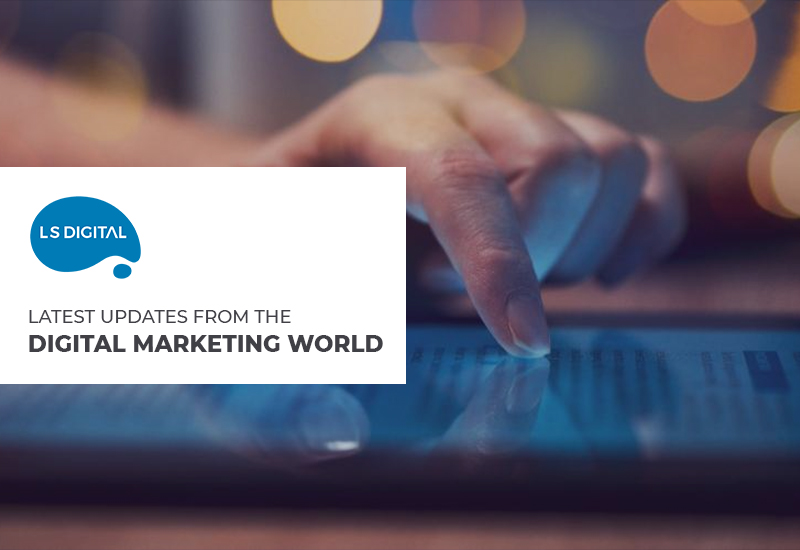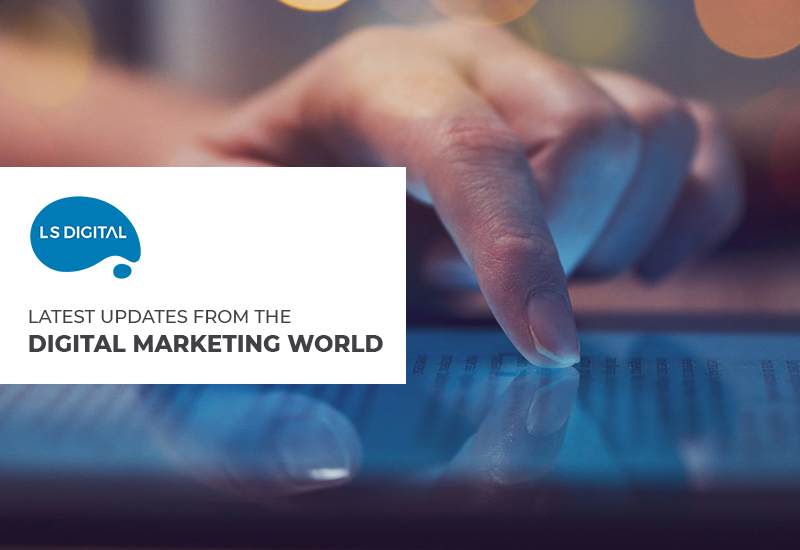With the GDPR kicking off on May 21st, YouTube has declared that it will discontinue third-party ad serving based on reserved buys in the continent of Europe. This means that brands which are not using YouTube’s Double-click Campaign Manager will have to retraffic their ads by May 21st just so that they do not experience any issues while displaying video content on the platform. YouTube has also decided that it will significantly reduce pixel tracking for external advertisers post the given date.
Why has YouTube decided to take this step?
The answer to that is GDPR. The General Data Protection Regulation is a parameter of the European Union law which will protect an individual’s data and data privacy for everyone residing in Europe. It aims at giving citizens and residents control over their data. The cut-off date for GDPR is May 21st after which; the citizens will enjoy new privacy rules in their favour.
What is Google doing to be GDPR compliant?
Google stated that it would be evaluating recertification of specific third-party vendor’s pixels. In 2017, Google said that it would be regulating the number of vendors that would be able to measure YouTube ad performances. So as a part of their GDPR compliance, they are trying to impart more information pertaining to external companies’ advertising measurement and are going to make changes in the way ads are presented to viewers.
They also said that once GDPR comes into effect, publishers would need to decide which vendor they want to partner up with to monitor the performance of ads shown on their websites. They also stated that in the near future they will be providing publishers with new applications which they can utilise to opt for GDPR-passed vendors.
What do marketing companies have to say about this?
Marketing companies feel that Google may be using GDPR in their own favour. This transformation would mean Double Click Campaign Manager will have control of serving and tracking ads. Sources expressed concern that Google may be preventing third-party pixels from aiming at its audiences by using Double Click Bid Manager.
Marketers have an array of needs based on their KPIs, objectives and financial plan. The marketing network has evolved but the competitive network of technologies that bring the insight into advertiser spending and publisher properties. Google’s decision to restrict third-party ad serving will give agencies and marketers fewer choices making it difficult for marketers to make targets.
GDPR will now make it mandatory for companies to have a legal basis to collect and process personal data henceforth. This includes cookies, pixels mobile advertising IDs and IP addresses. Primary legal bases which any company depends on are user authority and genuine interest. Although GDPR has recognised the importance of marketing, it is essential for the user to express interest when it comes to his private data being used as part of a marketing study.
Basically, it is the lack of knowledge about GDPR policies that have raised this problem. That is why there is no way of securing first-party data and permission to utilise it. In order to resolve this, companies should collaborate and have an industry-wide educative approach to clarify concepts about GDPR policies and maybe then, marketers will be able to advertise without breaching any rules.





